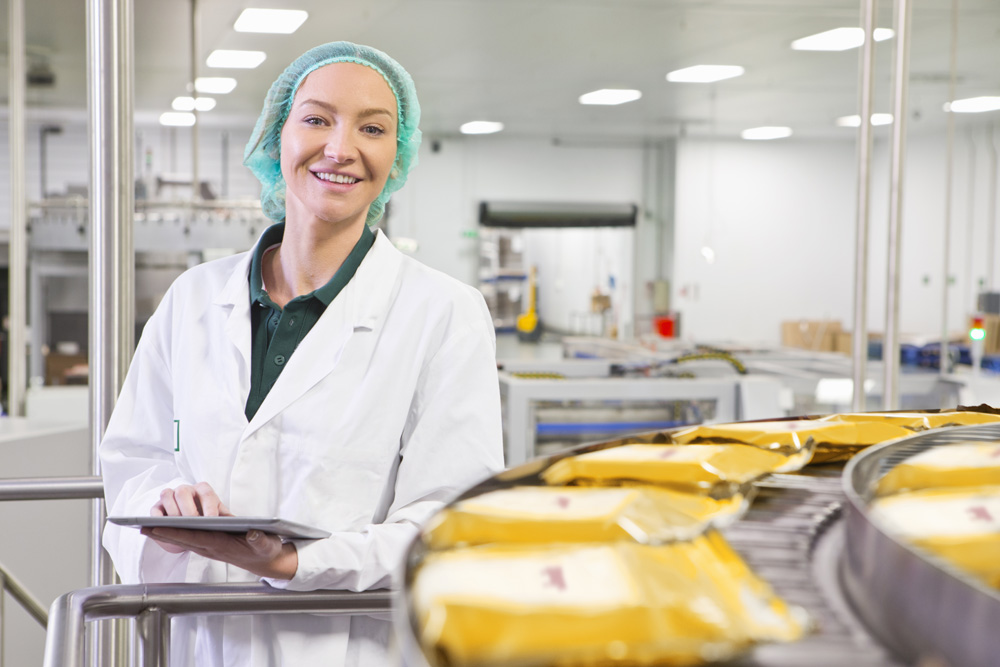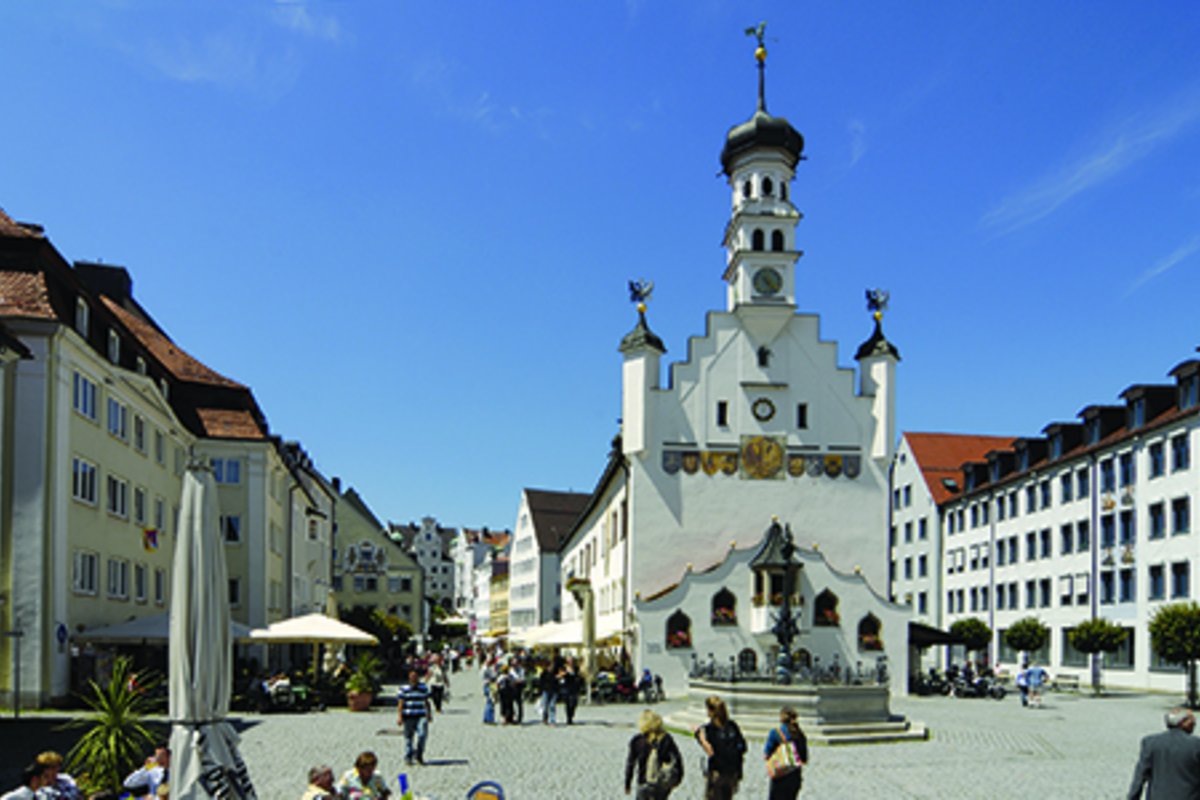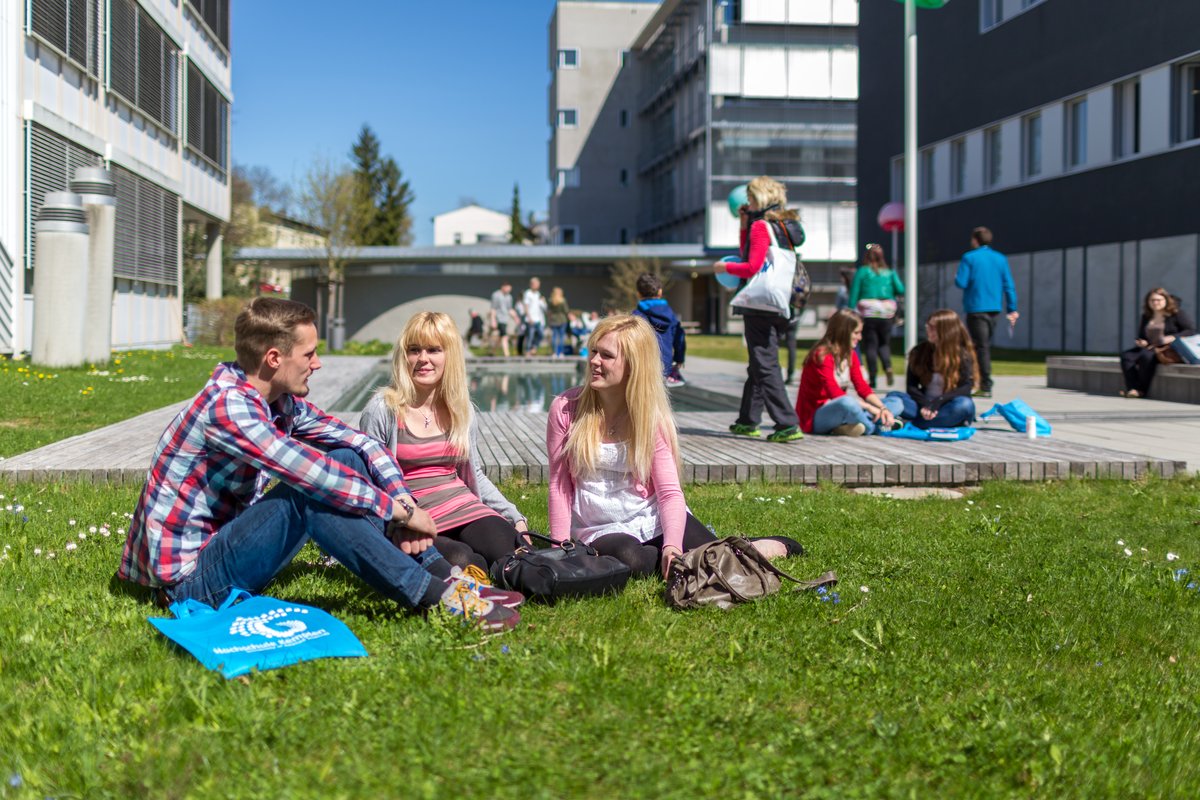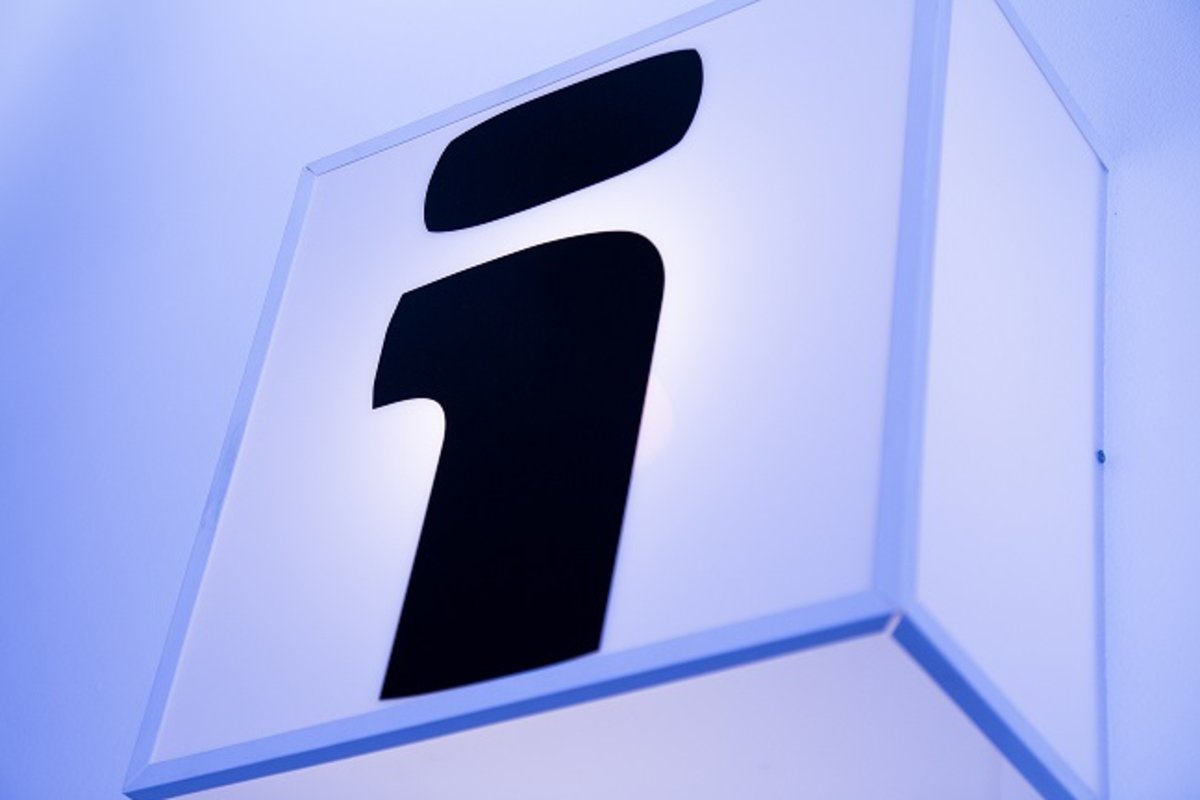
Would you like to to study a subject that builds technical expertise, but is also respectful towards the environment? Then Food and Packaging Technology is likely to tickle your taste buds!
Besides learning how to manufacture packaging securely, hygienically and cost-effectively, studying impacts on the environment and the legislative framework also gives you a grounding in business and project management methods.
This technical degree programme teaches you about process technology, specialising in food and packaging. Throughout your studies, we support you with tutorials, small learning groups, special programmes for students and intensive mentoring for internships and bachelor theses. We offer a preliminary maths course especially for students in the first semester of technical bachelor’s degree programmes. Preliminary maths course .
In addition, you can expect practically relevant teamwork and learning, a friendly atmosphere and professors who know you by name.
At a glance
Award
Bachelor of Engineering (B. Eng.)
Study mode
full-time, dual
Standard duration
7
ECTS credits
210
Starts
winter semester
Restricted admission
no
Taught in
German
Faculty
Mechanical Engineering
Study abroad
optional
Accreditation
ASIIN
Details about this course
During the foundation course (semesters 1 and 2), you will learn the core aspects of science and engineering, alongside specifically relevant modules in food and packaging technology.
The advanced course (semesters 3–7) addresses food processing technologies, focusing on dairy, (mainly plastic) packaging and filling and packaging systems. In addition, modules addressing project management and basic principles of business administration are integrated into the curriculum. You can choose the areas that you wish to specialise from an extensive catalogue of compulsory elective modules.
During your practical semester (5th), you will undertake a 20-week internship in a suitable company in the food or packaging, or a technically similar, sector.
You will complete your degree by writing your bachelor’s thesis. Upon successfully completing the programme, the university of applied sciences will award you the academic degree of Bachelor of Engineering (B.Eng.) .
Would you like to combine study and practice? With pleasure! Kempten University of Applied Sciences offers you the following dual study options:
- studies with in-depth practical experience – practical and flexible! In the study programme with in-depth practice, a regular Bachelor's programme at the university is combined with intensive practical phases at the practice partner, based on the study content. Students can enter this dual study option up to the 4th semester.
- combined studies – a practical combination of study and work! With a combined study programme, you can acquire a fully recognised vocational qualification within your Bachelor's degree. This double qualification is particularly attractive for many companies!
You can find more information about the offers here.
Professional environment
A combination of knowledge and skills in both classical mechanical engineering and food and packaging technology is called for in a range of sectors, including manufacturers of food, packaging machinery or packaging materials, the beverages sector, the pharmaceutical industry, laboratories analysing food and packaging, the plastics industry, mechanical engineering, and trade and retail.
Career prospects
Different packaging requirements depending on the particular food together with an awareness of how packaging interacts with food will become increasingly important in the future for manufacturing and successfully marketing high-quality foods. This knowledge and the requisite skills form key components in this degree programme in Food and Packaging Technology, generating very high demand for our graduates.
The packaging and food industry is particularly prolific in southern Germany (the regions of Kempten, Lake Constance and Schwäbisch Hall). However, there are wide-ranging employment opportunities looking further afield as well. Our graduates’ broad basis of knowledge also offers openings in associated sectors of industry, for instance in pharmaceutical or plastics processing companies.
List of sectors:
- Milk and dairy technologies
- Filling and packaging technologies
- Food processing technology
- Pharmaceutical industry
- Plastics processing industry
Application process:
Have we whetted your appetite for the degree programme in Food and Packaging Technology? If so, we would be delighted for you to apply. We have put together all the information and details you might need about applying and the admission requirements. More about Applications and admissions.
Admission requirements:
Are you keen on technology and interested in the ecological and economical topics that play a role in achieving sustainable formats for the food and packaging industry? If so, you’re on the right track to study Food and Packaging Technology!
We ascribe to the values of openness, tolerance and acceptance. Our aim is to teach everyone involved at Kempten University of Applied Sciences about education in an international context. As part of this, we support university-wide, inter-faculty measures to promote international projects and cross-cultural interaction.
Are you interested in learning more about our international aspirations and the options for you to study abroad? Take a look at the information posted in our portal.
We compile all study programme and examination regulations centrally for you. There you will find all versions and changes. continue
Course structure
For details on the modules, please refer to the current module handbook.
During the foundation course (semesters 1 and 2), you will learn the core aspects of science and engineering, alongside specifically relevant modules in food and packaging technology.
The advanced course (semesters 3–7) addresses food processing technologies, focusing on dairy, (mainly plastic) packaging and filling and packaging systems. In addition, modules addressing project management and basic principles of business administration are integrated into the curriculum. You can choose the areas that you wish to specialise from an extensive catalogue of compulsory elective modules.
During your practical semester (5th), you will undertake a 20-week internship in a suitable company in the food or packaging, or a technically similar, sector.
Additive manufacturing in food technology
Lollies that look just like you?! That’s no problem! Our laboratory for food and packaging technology and plastics engineering demonstrates the whole process – from the initial scan right through to the tasty effigy.
Additive manufacturing in the field of food and packaging technology? The immediate thought is probably using a 3D printer to make food. However, additive technology is more versatile than you might think, including personalised chocolates and sweets, sustainable and hygienic solutions for unpackaged foodstuffs, additive-manufactured prototypes for packaging, innovative gripper systems, etc.
Get an inside look at the world of additive manufacturing in the field of food and packaging technology.
Student advisory service
We know how exciting the prospect of going to university can be.
So we want you to know whom you can get in touch with if you have any questions about studying with us – whether they’re about the degree programme, applying or anything else.
If so, please don’t hesitate to contact the university’s central Student Advisory Service or an academic advisor.
Prem, Markus, Prof. Dr.
![Download study program (PDF) Curriculum - Study Program 2025 [Graphic]](/fileadmin/_processed_/f/d/csm_Grafik-LV-Studienplan-Studienablauf-2025_7545f8db84.png)



